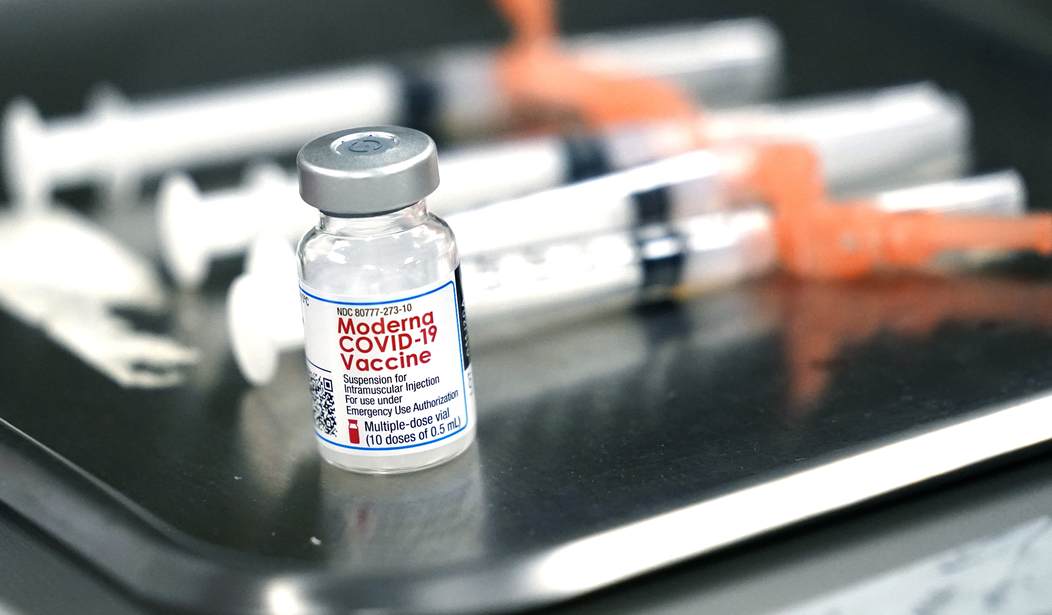Several U.S. public health agencies are recommending a COVID-19 vaccine booster shot 8 months after a patient’s initial dose.
“Based on our latest assessment, the current protection against severe disease, hospitalization, and death could diminish in the months ahead, especially among those who are at higher risk or were vaccinated during the earlier phases of the vaccination rollout,” federal health officials said in a joint statement Wednesday.
The statement was signed by the heads of the Centers for Disease Control and Prevention, the National Institutes of Health, and the Food and Drug Administration, among others.
Three recent scientific studies have shown that antibodies from the vaccine are present in reduced numbers after six months, leading to the conclusion that some vaccine recipients who are vulnerable to serious disease should receive a booster.
The government will begin offering booster shots to the public starting September 20.
Washington Post:
“Examining numerous cohorts through the end of July and early August, three points are now very clear,” CDC director Rochelle Walensky said at a White House covid-19 news briefing Wednesday. “First, vaccine-induced protection against SARS-CoV-2 infection begins to decrease over time. Second, vaccine effectiveness against severe disease, hospitalization and death remains relatively high. And third, vaccine effectiveness is generally decreased against the delta variant.”
While it was once thought that vaccines alone would be able to stop the pandemic in its tracks, the studies suggest that is not the case.
The trio of reports, published Wednesday in the Morbidity and Mortality Weekly Report, the CDC’s scientific digest, also reinforce the idea that vaccines alone will be unable to lift the nation out of the pandemic.
Masks and other precautions should be part of “a layered approach centered on vaccination,” wrote researchers from the New York State Department of Health and the University at Albany School of Public Health in their study of vaccine effectiveness across New York state.
At issue is reducing the numbers of severe cases of COVID-19 that lead to hospitalization and death. The current vaccines offer strong protection against serious illness with reduced effectiveness over time. A healthy adult with no risk factors probably doesn’t need a booster shot. But any adult over 60 years old should think seriously about a booster, especially since the virulence of the Delta variant appears to make people sicker than the original virus.
As with any vaccine, the personal choice of whether or not to be inoculated must be maintained. It’s significant that the group of public health experts did not call for a vaccine mandate despite individual states already ordering them.
Also, the decision on whether to get a booster shot might be influenced by the difference in efficacy over time for the two vaccines.
Until now, evaluations of vaccine effectiveness amid delta largely relied on observations from outside the United States. A recent New England Journal of Medicine study concluded the Pfizer vaccine was 88 percent effective against infections that caused symptoms in England.
Others, such as a study in Israel, found larger declines in protection against infection. One U.S. report that has not yet gone through peer review, collecting data from Mayo Clinic Health System facilities in five states, found a drop in the Pfizer-BioNTech vaccine’s effectiveness against delta infections to 42 percent. The other mRNA vaccine, made by Moderna, was 76 percent effective.
The wars over mask mandates will continue as cities reimpose the mandates for indoor activities like shopping. But enforcing them will be a different story as many Americans will simply ignore them and do as they wish.










